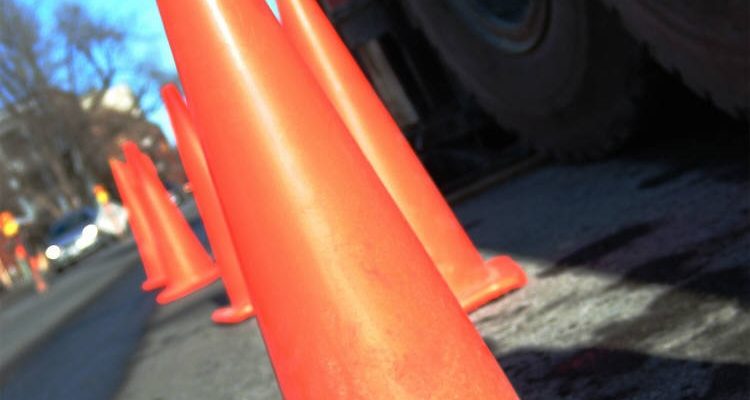March 26, 2019
Tracy Kurowski
Quad City residents are now witnessing the creation of an architectural marvel with the construction of the new Interstate-74 bridge. Two of the world’s largest mobile cranes are employed in the project, along with hundreds of workers, and we are now seeing the concrete base of the center arch rise out from the river bottoms.
This remarkable project is made possible by a federal and state government funding partnership that guarantees a dignified wage to the men and women who have been working throughout this brutally cold winter. Called “Davis-Bacon” protections, they were named after two Depression-era Republican congressmen who wanted to make sure that federal investments in infrastructure projects stimulate local economies and create local jobs.
Federal rules require contracts be awarded to the “lowest responsible bidder.” Cities, schools, and counties also award contracts this way to protect taxpayers and prevent graft and other corruption. Before Davis-Bacon was passed in 1931, members of Congress noticed that many of the contracts they had secured for their home districts were not using local workers. Construction companies undervalued the labor costs in order to meet the lowest bidder standard and land the contract. When the work needed to be done, contractors brought in migrant workers from low-wage states to complete the local projects. This resulted in the opposite of congressional intent of using infrastructure projects to stimulate local economies.
No one then or now would argue that taxpayer funds for public infrastructure projects should be inadvertently used to drive down workers’ wages. Once the Davis-Bacon law was passed, it has since set a wage floor so that instead companies are competing on productivity, efficiency and the quality of work they provide, not on their ability to hire unethical subcontractors who exploit workers.
However, in 2017 the Iowa Legislature passed a law that would remove those protections. Known as the “Iowa DOT Federal Aid Swap Program,” it enables the Iowa Department of Transportation to swap federal money for state money.
It works essentially as a form of money laundering. Federally-funded local infrastructure projects (like Davenport’s $4 million 53rd Street reconstruction and expansion project) would be allowed to skirt the law, pay the lowest wages possible and not hire local workers. The swap also enables localities to avoid “Buy America” requirements attached to federal funds and instead use cheap imported steel rebar. What could possibly go wrong?
Fortunately, Iowa’s Road Swap law permits metropolitan planning organizations like the Bi-State Regional Commission to opt-out of the swap and continue to comply with the federal standards.
…
Like the name of the commission that gets to vote to protect our local economy, this is indeed a bi-state issue. About $30 million is currently earmarked to be swapped. Failure to take action will affect contractors, workers and local economies on both sides of the river.
Laws like Davis-Bacon helped us recover from the nation’s worst economic disaster. If indeed the Bi-State Regional Commission is acting in the interests of community, workers and our tax dollars, it will opt-out of the Iowa Swap Program and maintain Davis-Bacon Act protections on local infrastructure projects.

